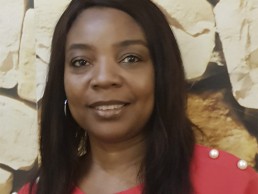
Goziem Ukachukwu
Women in Lighting’s Nigerian Ambassador, Goziem Ukachukwu, sits down with arc’s Assistant Editor Sarah Cullen, to discuss her journey into lighting and life as a lighting designer in Africa.
Beginning her working life as a banker, then transitioning to starting a travel agency business, it wasn’t until Ukachukwu decided to take a leap of faith into the creative sector to pursue her passion for design that she discovered her love for lighting. “I started off my career in commercial banking. I worked in the banking sector for six years and then went ahead to start my own travel agency business.
“I ran the agency for 10 years but realised I still had the desire to go after the passion I had always nurtured inside me – the passion for creating beautiful spaces. I started out with some short online courses on Interior Decoration before I finally enrolled for a diploma course in Interior Design. While studying Interior Design, I realised that I wanted to create a niche for myself, so I decided to get more of an understanding in the different areas of Interior Design. I started out with lighting first and after attending a lighting course, I had made up my mind to focus my attention there. I took other short courses in lighting design and also attended Light Middle East, where I met some experienced industry professionals that encouraged me. So – I started my career as a lighting designer.”
Ukachukwu’s educational portfolio now includes a Bachelor of Education, an MBA in Business Administration and three certificates in Lighting Design and she is currently working on a diploma programme in Interior Design at the KLC School of Design at Chelsea Harbour, London.
Noting Rebecca Weir as her lighting hero, Ukachukwu reflected on the wisdom and inspiration she received from Weir during her time in education: “She was my first lighting teacher and her story of how she first developed an interest in lighting is also similar to mine. “She gave me a piece of advice that encouraged me to start out as a lighting designer, and her book, The Languages of Light, has become a design manual for me.”
Returning to Nigeria to work as a lighting designer, Ukachukwu commented on the role and its presence in the African design industry: “In Nigeria, we do not really have a lot of people working as lighting designers. Instead, we have a lot of lighting and electrical engineers and those actively involved in sales and distributions of different light fittings. Lighting design, in the real sense of it, is not well known in Nigeria. It needs a lot more awareness created. It has been quite a challenge explaining to people why they need a lighting designer to help make their space safe and bring it to life and to help them achieve energy efficiency,” she said.
When asked about her philosophy when it comes to lighting and design, Ukachukwu explained how “light is the life we live” and that when we live in darkness, “there is no life”.
“Design helps us to create a space that is safe and beautiful to behold, arranged to achieve its ultimate functionality and has the right psychological effect on those occupying it.
“Light is a very essential part of our life – it was the first of God’s creations. Our whole being and every aspect of our life requires light. It is light that enables us to see, recognise and appreciate every other thing in our environment. It is the light that comes through our eyes that illuminates our whole world. We are constantly trying to bring these original words of the first creation, ‘let there be light’, into all our spaces,” she explained.
An incredible achievement, Ukachukwu believes one of her first completed lighting design projects was the one to ‘put her on the map’ as a lighting designer in Nigeria. “It was a project carried out for a church that was in the public eye and actually showcased my career as soon as I started,” she explained.
“I would now consider my most recent project of designing a whole office building that incorporates three retail spaces, eight administrative offices, one boardroom and a canteen as my most well-known project to date. It brought out my skills in a broader perspective.”
Standing out as a female designer in the lighting industry and in Nigeria is something that Ukachukwu has recognised needs celebrating and exposing more. “I would really love to stand out. I would also want to bring ideas into the industry that will lead to the solutions for different needs of the consumers. I will be able to identify these needs by paying attention to the different challenges or the needs that have not been met by existing products while working for my clients.
“I hope to stand out by paying attention to the tiniest details that seem to be overlooked and by applying a lot of passion,” she added.
Witnessing the dramatic shifts throughout the lighting industry, Ukachukwu has been at the heart of experiencing some of the technological developments: “The world of lighting has really evolved dramatically over the years, both technically and aesthetically. From incandescent to LED, from direct to mains, to the use of drivers and the creation of energy efficiency,” she explained.
“From having one source of lighting for ambience to the layering of light, creativity is also a very major part of lighting design. Lamps are now created to shape the light they emit.”
When applying these evolved tools for lighting, Ukachukwu explained how she tailors her lighting schemes for each project: “When planning a lighting project, I consider the use or functionality of the space, the architectural features of the space, the kind of people that will occupy the space – their way of life – and the psychological effect it would have on them.
“I also put into consideration the energy efficiency of the light fittings in order to help the client save cost. The safety of those occupying the space is also a very high priority. The aesthetics or the beauty that the lighting will bring to the space is also a thing of consideration for me.”
As the WiL ambassador for Nigeria, Ukachukwu is working hard to promote the roles of women in the industry and encouraging more to join the profession.
“Lighting designers are better recognised and considered today as very essential people in handling projects, but I believe that more awareness still needs to be created.
“A lot of women are presently involved in lighting as much as the men, the only difference is that men are more noticed or better recognised. Bringing women into the forefront or bringing light to the role women play is the major reason as to why we have WiL today,” she added.
“My role as a WiL ambassador in Nigeria has exposed me to the fact that we hardly have women whose main career is in lighting design. We have women as electrical engineers and mostly in the sales and distribution of light fittings.
“My short-term goal is to encourage the majority of women in the business of selling light fittings to move further in expanding their scope into the area of designing. My long-term goal is to provide training for the Nigerian women who will be passionate about lighting design. Having a lot of people in the industry will help create better awareness.”
Looking ahead to the path she embarks on as an ambassador and practicing professional in the lighting industry, Ukachukwu seeks to continue in her education both as a student and teacher: “My career has just started, and my goal is to keep on growing. I will expose myself to a lot of training that will help me in upgrading my skills consistently, and I will do my best in contributing to the growth of the industry through unique problem solving, resulting from new demands or future needs.
“I will also work collaboratively with other designers to bring solutions and new creative innovations to the industry,” she explained.
“I see the world of lighting revolving around and adjusting to the future innovations of the different industries and human needs.”



